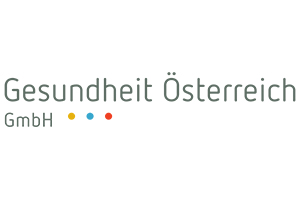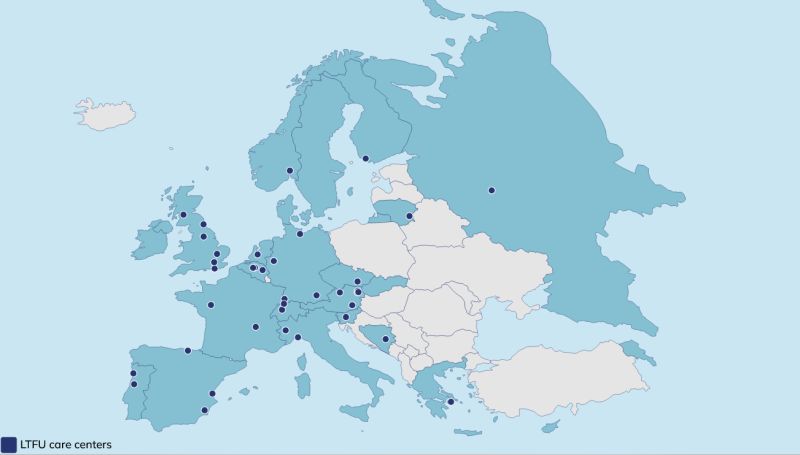In this interview, we meet Alexander Degelsegger-Márquez, Gerald Gredinger, Kathrin Trunner, Florian Trauner from the Austrian National Public Health Institute. The team are experts in Digital Health, Health and project management.

Why did you join PanCareSurPass?
Alexander: I am passionate about the challenge of finding suitable digital tools to support care processes and incorporate them into healthcare infrastructures.
Gerald: I perceive it as a great opportunity to accompany the whole implementation process of the PanCareSurPass from the idea to the actual operationalization.
Kathrin: I find it exciting to support digital health solutions being implemented into national health systems.
Florian: Being able to offer equitable and evidence-based medicine and care to people irrespective of their country of origin is one of my ultimate goals.
Explain your organization and your role in PanCareSurPass.
GÖG is the Austrian National Public Health Institute serving as a think-tank for health care topics. Among its core assets for this project are its methodological expertise in health economics and its strong network with both academic research institutions and public bodies. GÖG possesses broad expertise in the collection and processing of statistical data and, in ensuring data quality, in carrying out methodological health economic studies and decision-support modelling and in working together with a large number of international institutions and other data providers.
GÖG is the leader of WP5 where the team will develop a health economic evaluation framework and a Prediction Model to promote and support the future implementation of the SurPass across Europe. This should help health policy-makers and managers in deciding whether and how to embark on the SurPass 2.0 journey. GÖG is also part of WP2 Implementation Strategy development, WP3 SurPass v2.0 – Addressing technological challenges & solutions in six European countries and WP6 Communication, Dissemination and Future Implementation. GÖG works in close collaboration with WP4 to collect relevant data from their multi-country implementation study.
Why do you think PanCareSurPass is an important project?
PanCareSurPass helps in ensuring that childhood cancer survivors can get the best possible follow-up care, regardless of where in Europe they are. This is also an important blueprint for advancing the digitally supported and guidelines-based care for patients with other long-term or chronic conditions.
What makes this project unique for you?
One thing that is very unique in this project is the blend of partners: from oncologists to health IT experts, from patient representatives to policy-makers.
What do you hope this project will achieve?
We hope the project will manage to kick-start the rollout of the SurPass 2.0 in a small group of frontrunner countries.
What’s the biggest challenge for your organization in PanCareSurPass?
In times of a global pandemic, one of the biggest challenges is to secure the necessary resources for the project. For WP5, our biggest challenge will be to receive reliable and valid data to assess effectiveness and outcomes of the SurPass 2.0 intervention.
What’s the most fun thing for you in PanCareSurPass?
To understand the various settings the SurPass 2.0 can be deployed, to learn more from the partners and profit from their unique expertise and to collaborate with those experts from all over Europe.
What’s the most important benefit of your participation in PanCareSurPass?
We hope to accompany the implementation of this initiative on a national level, building on technological, process and governance-related findings of the PanCareSurPass project. GÖG will make best use of our links to the European eHealth Network, where the topic of a childhood cancer survivorship passport should be lifted to the agenda of relevant cross-border healthcare use cases.






